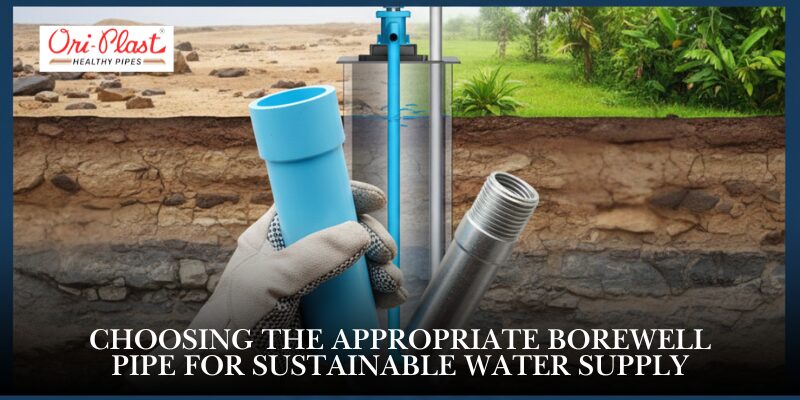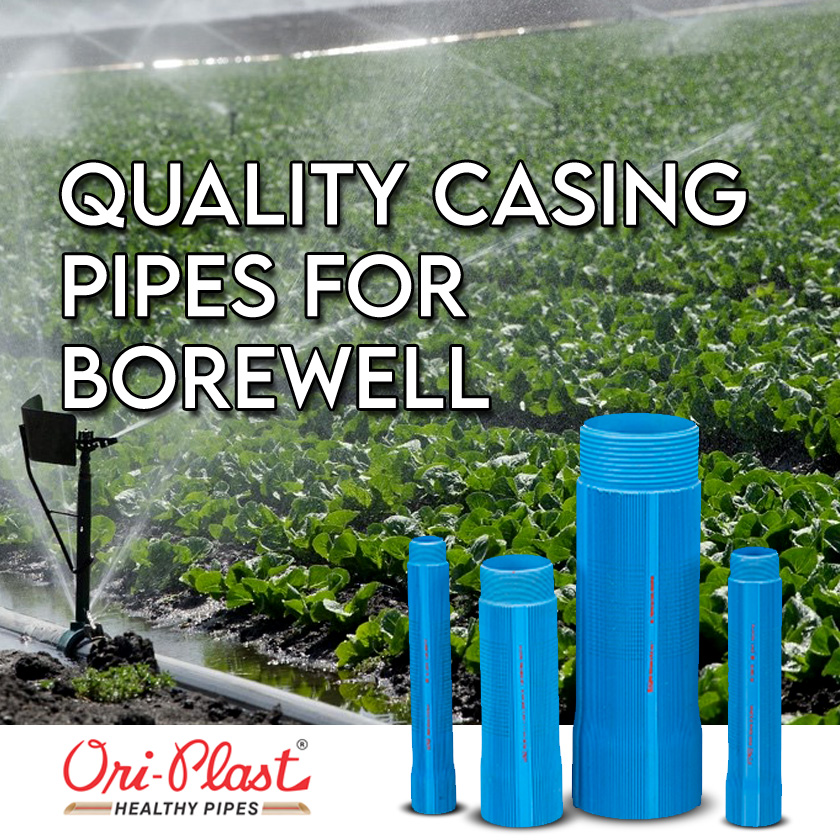Are you ready to unlock the secrets of optimizing your borewell system for maximum efficiency and cost-effectiveness? You've come to the right place! In this comprehensive guide, we'll explore everything you need to know to ensure your borewell system operates at its best. From understanding the importance of regular maintenance to implementing smart practices, we've got you covered. Let's dive in and discover how to make the most of your borewell system.
The Importance of Borewell Optimization
Borewells are a lifeline for many, providing access to clean and sustainable groundwater. Whether you're using a borewell for agricultural, industrial, or domestic purposes, optimizing its performance is essential. Here's why:
1. Efficient Water Supply
An optimized borewell system ensures a consistent and reliable water supply. This is crucial for agriculture, where crops require regular irrigation, and for industries that rely on water for various processes.
2. Cost Savings
By optimizing your borewell system, you can reduce energy consumption, extend the lifespan of your equipment, and avoid costly repairs. This translates to significant cost savings in the long run.
3. Environmental Sustainability
Efficient borewell systems use less energy and reduce the strain on groundwater resources. This promotes environmental sustainability by conserving water and reducing the carbon footprint associated with pumping.
Now that we've established why borewell optimization is important, let's move on to the practical tips to achieve it.
Practical Tips for Borewell Optimization
1. Regular Maintenance
Maintenance is the cornerstone of borewell optimization. Just like any other machine, borewell systems need regular check-ups. Here's what you should do:
- Periodic Cleaning: Sediment and impurities can accumulate in the borewell. Regular cleaning ensures smooth water flow.
- Inspect Pumps: Check the condition of your pumps, motor, and electrical connections. Replace damaged parts promptly.
- Monitor Water Quality: Regularly test the water quality to ensure it meets the required standards.
2. Depth Assessment
Understanding the depth of your borewell is crucial. This information helps in determining the water level and selecting the right pump capacity. It's vital to choose a pump that matches the depth of your borewell to optimize efficiency.
3. Pump Selection
Selecting the right pump is a critical decision. Consider factors like water yield, power availability, and budget. Submersible pumps are a popular choice due to their energy efficiency and minimal maintenance requirements.
4. Power Source
Efficient borewell systems require a reliable power source. Consider using solar pumps if the electricity supply is inconsistent or costly. Solar-powered systems are not only eco-friendly but also cost-effective in the long term.
5. Water Storage
Implement a well-designed storage system to manage water supply effectively. This is especially important for agricultural use, where water is needed during dry spells. Proper storage reduces the strain on the borewell.
6. Automation and Control
Invest in automation systems that control pump operations based on water levels and demand. This ensures that your borewell system runs optimally and minimizes energy wastage.
7. Regular Water Quality Testing
Monitoring the quality of the water pumped from your borewell is essential for both safety and system efficiency. Water contaminated with impurities can damage pipes and pumps. Regular testing helps detect issues early.
Conclusion
Optimizing your borewell system is not just about enhancing its performance; it's about ensuring a sustainable and reliable water supply. Regular maintenance, careful pump selection, and a focus on energy efficiency are key to achieving this goal. By following these tips, you can make the most of your borewell system, save on costs, and contribute to a more sustainable future.




